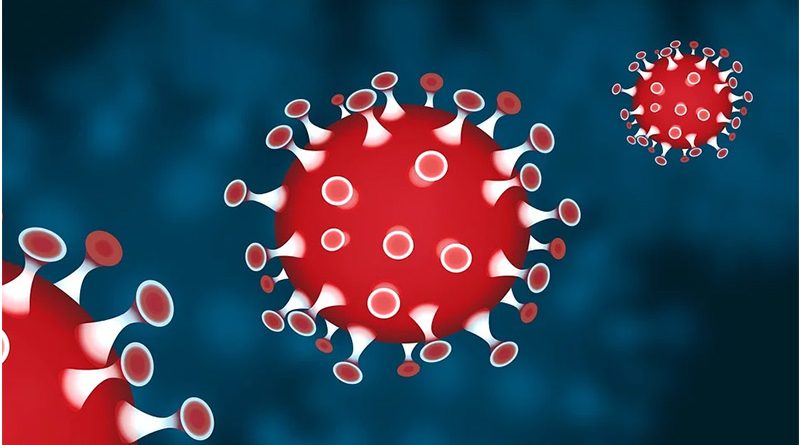Lords To Quiz Top UK Science And Medical Advisors On COVID-19 Advice To Government
This Friday (July 17) , the House of Lords Science and Technology Committee will take evidence from senior advisors and officials about the science of the COVID-19 pandemic and the Government’s response.
The Committee will question Chris Whitty, Patrick Vallance and Nick Phin on strategies for managing the pandemic, the role of test and trace (alongside the lifting of restrictions), and strategies for mitigating a possible second wave. They will then look at how scientific advice is obtained and used in making policy decisions, levels of public trust in this process, and what lessons have been learned for future pandemics.
The questioning will draw on points made by experts in previous evidence sessions in the inquiry. Summaries of their evidence, including the latest sessions on contact tracing strategies, are available here.
The evidence session will take place at 3pm Friday 17 July.
Giving evidence will be:
- Sir Patrick Vallance, Government Chief Scientific Adviser, Government Office for Science
- Professor Chris Whitty, Chief Medical Officer for England; UK Government’s Chief Medical Adviser; and Chief Scientific Adviser, Department of Health and Social Care
- Professor Nick Phin, Deputy Director of National Infections Service, Public Health England; and Incident co-director for COVID-19, Public Health England
Questions will include:
- What is the process by which the Government (and agencies such as PHE) asks for and receives scientific advice during emergencies, including from SAGE?
- How is uncertainty in scientific evidence communicated to Government?
- In what ways has evidence been interpreted differently in England compared to other UK nations and other countries during the pandemic, and why?
- How is scientific evidence balanced with other types of evidence (e.g. social, economic) to make policy decisions?
- What pieces, or types, of scientific evidence have had the most influence on the way the pandemic has been managed in England?
- To what extent are efforts being made to balance the easing of restrictions with interventions that suppress transmission, to keep overall transmission low?
- To what extent is the scientific evidence pointing towards a “second wave”?
- What assumptions are being made about the transmission of COVID-19 in the winter months?
- What assessment has been made of the potential impact of a contact tracing app on transmission rates?
- What lessons have been learnt about the importance of transparency in public trust?
- What have been the main lessons learnt about managing a future pandemic, including from other countries?
The session can be followed live at www.parliamentlive.tv






